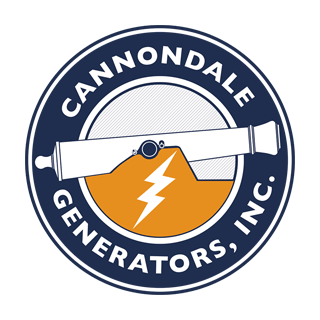Hurricanes 101
In the midst of hurricane season, you may find yourself asking questions such as: what are hurricanes? What causes such a powerful storm? And who decides what they are called?
Here are the answers to these, and some other commonly asked questions about hurricanes.
What is a hurricane and how does it form?
Hurricanes are large, swirling storms that form over the ocean. While scientists do not know exactly what causes hurricanes, they do know that warm water (79° F or warmer) and consistent winds are required. Winds that change in direction or speed as they rise into the sky can break up a storm before it starts. When these wind storms do eventually reach the land, they carry ocean water with them, leading to torrential downpours and flooding.
How do we measure hurricanes?
When the winds of a coastal storm reach 38 mph, it becomes designated as a “tropical storm”. If it continues to gain power, and the wind speeds reach 74 mph, it is officially classified as a hurricane.
Hurricanes are separated into five categories based on their average wind speed:
- Category 1 Hurricanes: wind speeds of 74-95 mph.
- Category 2 Hurricanes: wind speeds of 96-110 mph.
- Category 3 Hurricanes: wind speeds of 111-129 mph.
- Category 4 Hurricanes: wind speeds of 130-156 mph.
- Category 5 Hurricanes: wind speeds of 157 or higher.
How are hurricanes named?
Each year, tropical storms are named in alphabetical order (A-W, with the exclusion of Q and U). These names stay with the tropical storm as they move into the hurricane category. The names come from a predetermined list made by the National Hurricane Center. There are six separate lists of names which are recycled every six years. If a hurricane causes immense amounts of damage (such as Katrina or Sandy), their name may be removed.
You can see a full list of upcoming hurricane names here.
Are hurricanes getting worse over time?
Though there is no definitive proof, but many scientists believe that hurricanes are in fact getting worse. Two of the worst hurricanes ever recorded (Katrina and Sandy) were very recent, and just seven years apart. One popular theory for this is that since hurricanes require warm water in order to form, global warming could be making it easier for them to develop.
How can I prepare my family and home for a hurricane?
Here is a quick checklist to prepare yourself and your family for an upcoming hurricane:
- Stock up on the necessary supplies. These include water, nonperishable food, first aid supplies, flashlights, a radio, and batteries.
- Have a plan for your family that includes where to meet and how to get in touch in case of separation.
- Familiarize yourself with your city’s evacuation routes.
- Install hurricane shutters and tighten up/store away any loose objects outdoors which may blow away.
- Invest in a standby generator for your home.
Power your entire home with a standby generator
A standby generator automatically detects blackouts, and provides enough energy to power your entire home, ensuring you won’t miss a beat during the next hurricane. If you live in Fairfield County CT, contact Cannondale Generators for all of your power protection needs at (203) 762-2608.


